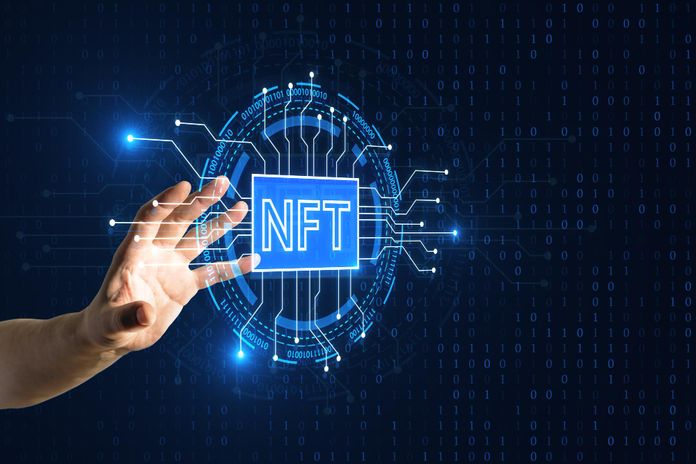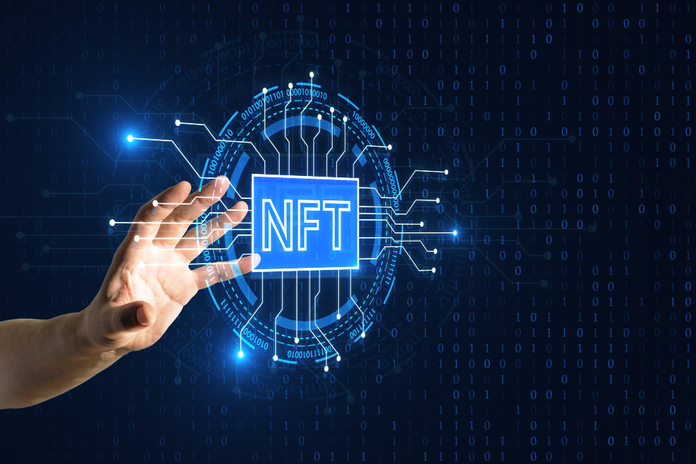University of Michigan Endowment Boosts Crypto Investments

The adoption of cryptocurrency is significantly bolstered when large funds, such as pensions and endowments, begin investing. Notable among these are university endowments, which manage substantial assets for their respective institutions.
The University of Michigan is actively participating in cryptocurrency investments through the CNK Fund I, L.P., managed by Andreessen Horowitz. This fund targets “cryptonetwork technology companies across various stages, from seed to growth.” In June 2018, the University of Michigan’s endowment made an initial investment of $3 million into this fund. As of June 2023, the endowment’s total value was $17.9 billion.
Recent communications to the university’s Regents indicated additional investments in this fund, although the exact amount remains undisclosed, it is presumed to be in the millions.
The university’s rationale for this investment is based on the belief that “crypto has become an important area of innovation and entrepreneurship that warrants focused attention,” and as the opportunities related to cryptonetworks become more defined, the need for a separate thematic fund may diminish.
The University of Michigan is not alone in this venture. Yale University, with an endowment valued at $40.7 billion as of June 2023, contributed to a $400 million capital raise for a crypto fund from Coinbase (NASDAQ:COIN) and Pantera Capital in 2018.
Similarly, the Harvard endowment, the largest at over $50.7 billion as of June 2023, has also invested in cryptocurrency funds. As early as 2018, Harvard disclosed investments in “at least one cryptocurrency fund.”
Other prominent universities, including Stanford University, Massachusetts Institute of Technology, Dartmouth College, and the University of North Carolina, have also allocated funds to crypto or crypto-related investments.
Despite the initial wave of investments in 2018, follow-on investments and additional commitments have been made in subsequent years. As the cryptocurrency market evolves and becomes more accessible through avenues like spot ETFs, it is likely that endowments and large funds will continue to increase their crypto investments.
Featured Image: Wikipedia








